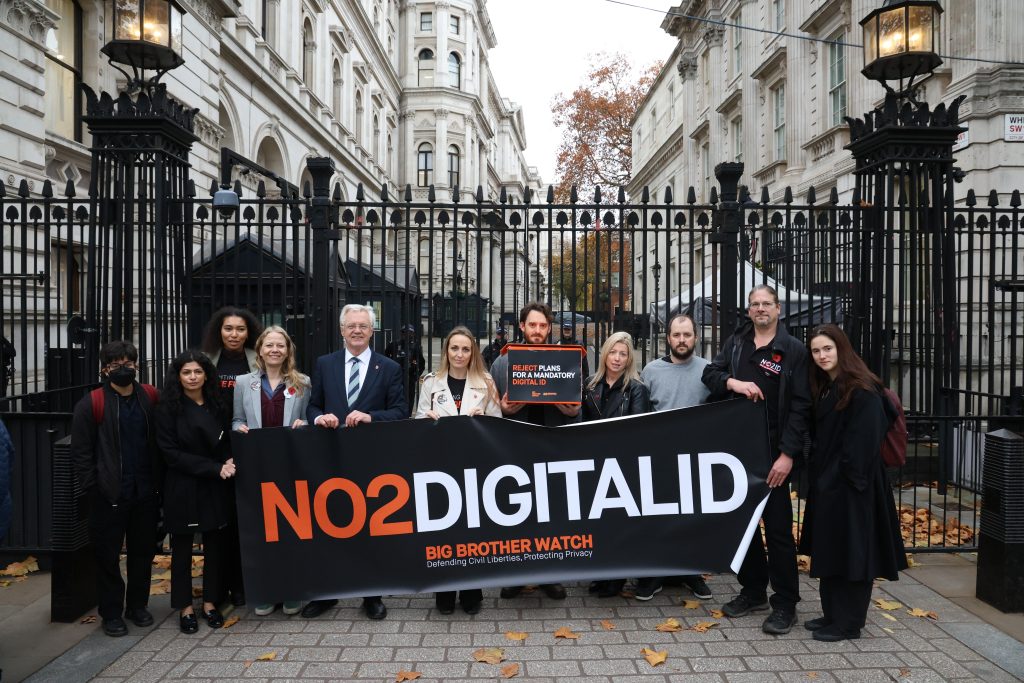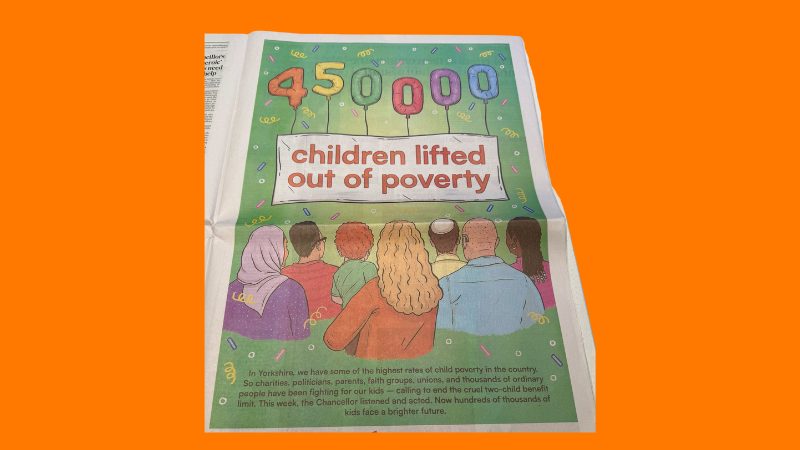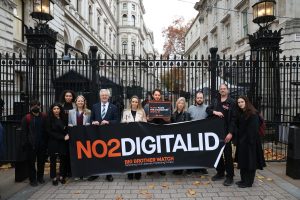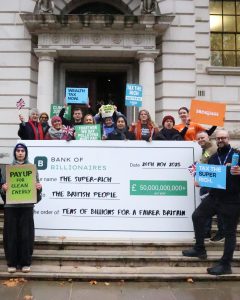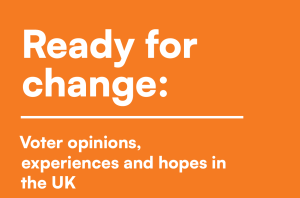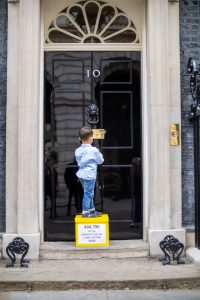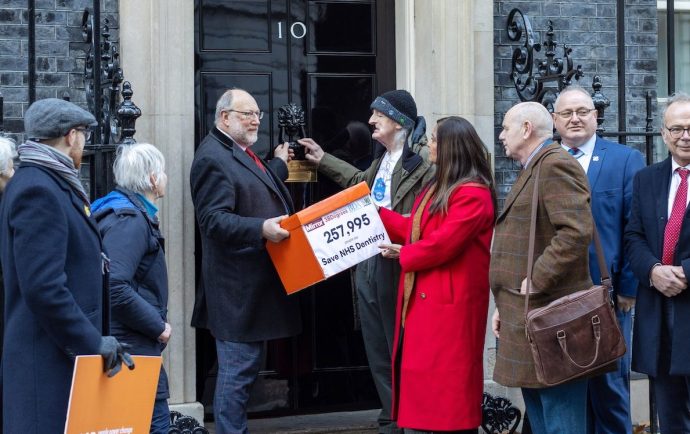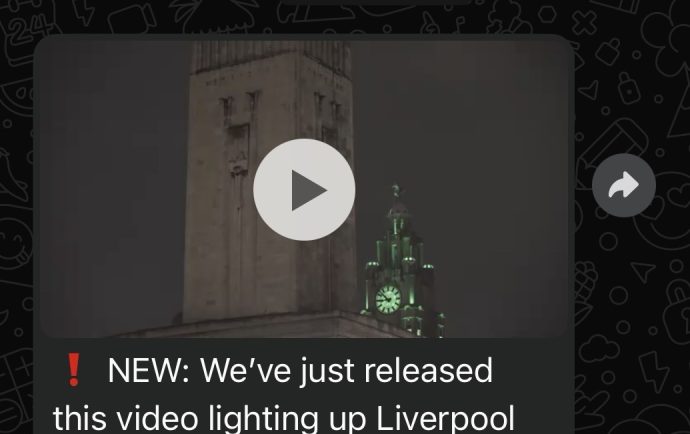
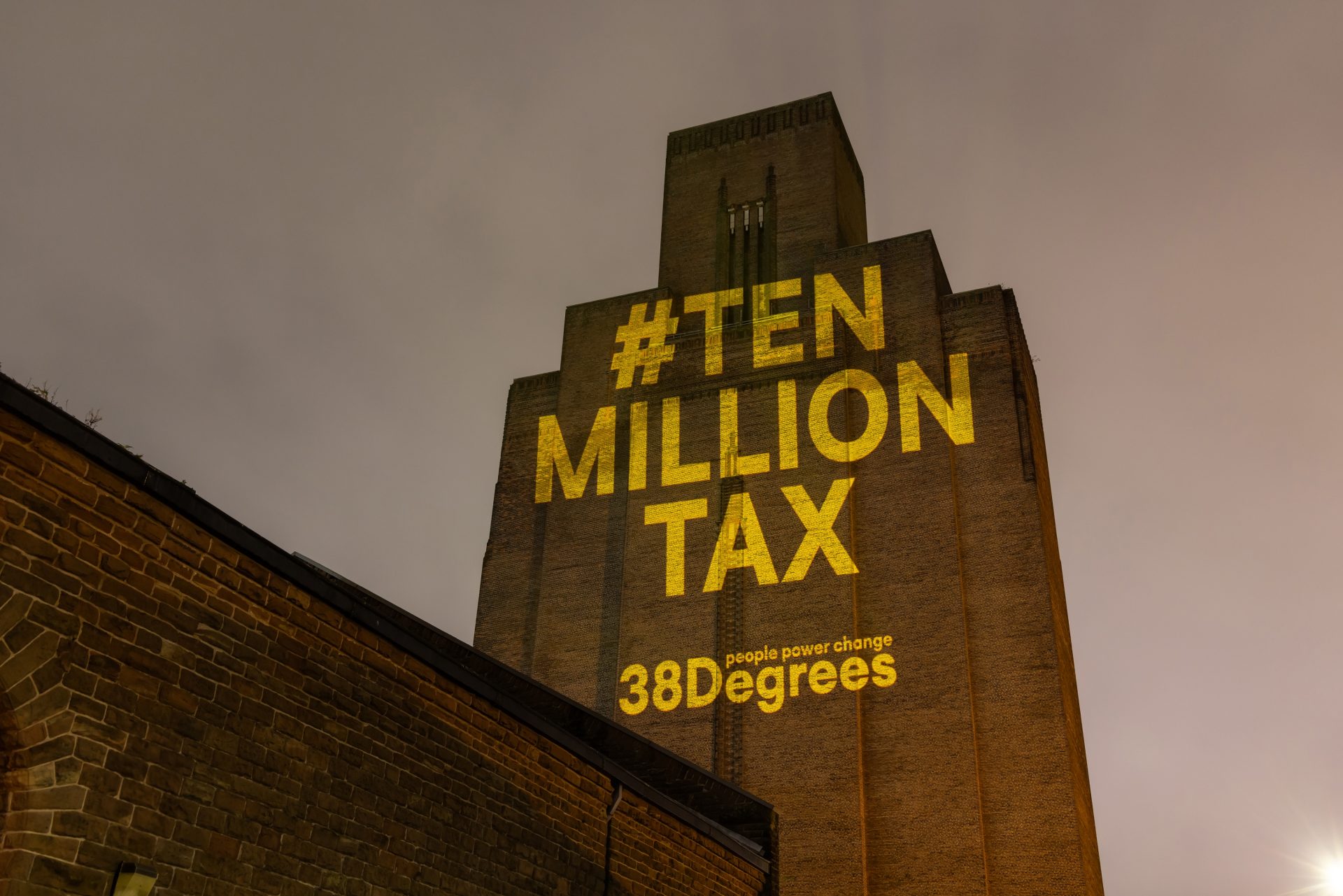
Oct 14th, 2024
Public back a ‘Ten Million Tax’ on the ultra-rich which could transform our NHS
By 38 Degrees team
Labour was voted in on the back of a promise of ‘opportunity for all’ – and the only way to achieve that is to make sure that everyone is paying their fair share.
A tax on the ultra-rich, lifting a tiny 2% from million-pound fortunes and ploughing it into public services like the NHS is a clear way to fulfil this promise – ensuring those with the broadest shoulders bear the heaviest burden while raising billions of pounds for our broken healthcare.
That’s why we teamed up with JL Partners to carry out a detailed public opinion study, which found that there was widespread public support for a range of taxes targeting the best off to fill the ‘£22 billion black hole’ and support our NHS.
The most popular was a 2% tax on assets over £10m, backed by nearly two thirds (63%) of the public, with just 12% opposing it. And our research also found that a ‘Ten Million Tax’ was even more popular among Labour’s own voters, with 74% of those who voted for the party at the last election backing it.
Such a tax, paid by the richest 0.1% of people, could raise up to £24 billion and serve as a popular way to address budget shortfalls and boost our beleaguered NHS.
Research by the Institute for Public Policy Research (IPPR), carried out on behalf of 38 Degrees, shows that a ‘Ten Million Tax’ could be used to transform our national health system – offering a cash boost that could fund:
- 135,000 extra staff, including nurses, doctors and allied health professionals, delivering millions more patient interactions each year.
- 3.7 million extra elective appointments.
- 3.8 million more hospital appointments, including 1.8 million more cancer treatment episodes.
- 14 million more community care appointments, including nearly 900,000 more dentist appointments.
The public stressed the importance of making it clear that this tax only hits the ultra-wealthy and does not apply to ordinary people like themselves – when framed as a tax on ‘the ultra-rich’ it was less likely to be seen as a raid on middle class people.
Branding the new levy a ‘Ten Million Tax’ would make its purpose – to tax only those with the very most – clear.
Following this research, more than 100,000 people have added their names to a 38 Degrees petition, calling for the introduction of the ‘Ten Million Tax’, showing that this framing clearly resonates with the wider public.
______________________________
Methodology
Wealth tax polling: J.L. Partners polled a nationally representative sample of 2024 Labour voters and a nationally representative sample of GB adults. The sample was 1,507 Labour voters and 1,003 GB Adults. Two online focus groups were held with people who voted Labour in 2024, including those who had voted for another party in 2019, to explore their attitudes.The sample is collected using web-intercept polling in accordance with MRS and BPC guidelines.
Research on NHS spending: IPPR used unit costs from either the NHS Cost Collection or The Personal Social Services Research Unit to establish costs of increasing NHS capacity. For increases in service activity, they included a premium adjustment of 50 percent extra – reflecting that there is a greater marginal cost on extra NHS activity (given system pressures). This methodology is consistent with comparable literature. This would cover overtime payments, extra overhead costs, variable costs (opening facilities later or at weekends). All cost figures are 2021/22 data. They adjust to 2025/6 prices using OBR projections for the GDP deflator.


